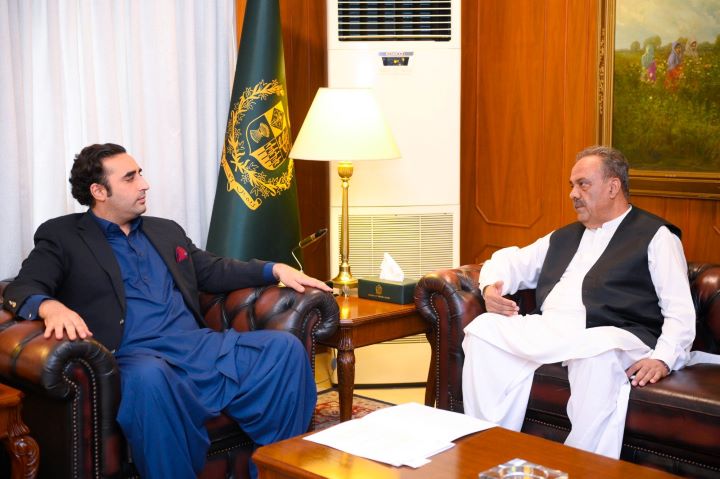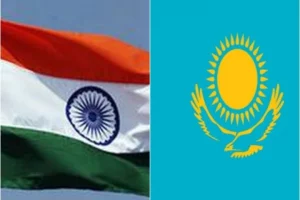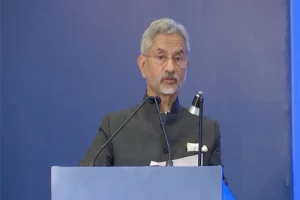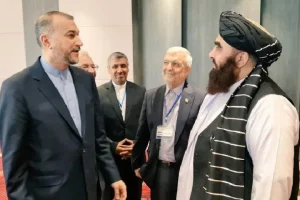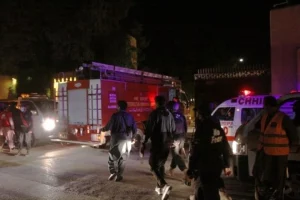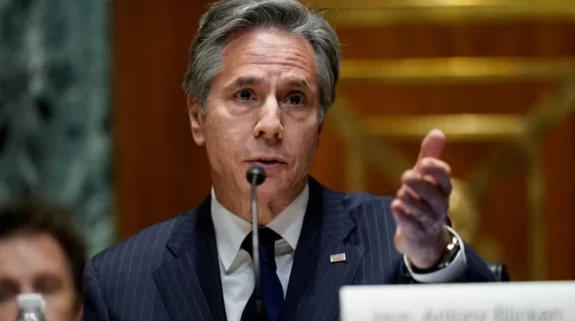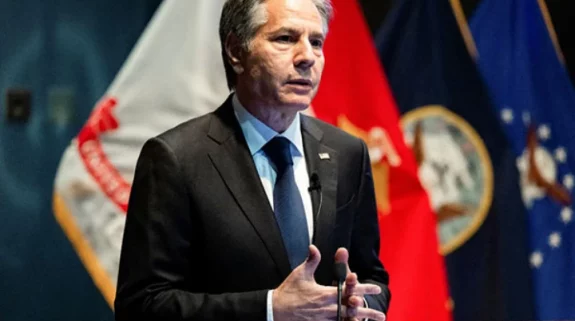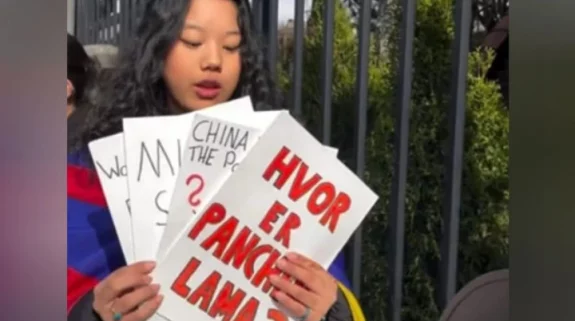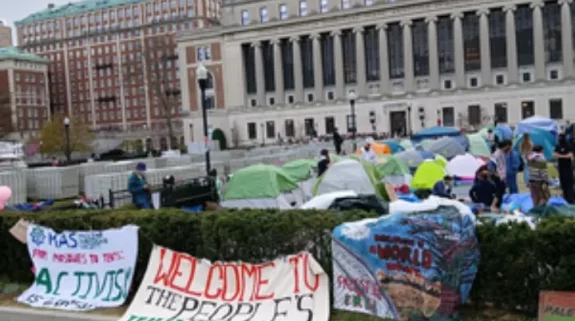Pakistan’s Special Representative on Afghanistan, Asif Durrani, will be travelling to Afghanistan today to urge the Taliban to reduce cross-border terrorism and restrain the Tehreek-e-Taliban Pakistan (TTP) from attacking Pakistani armed forces.
Durrani will visit Kabul amid heightened tensions and an acrimonious war between the two nations as the TTP, also known as the Pakistani Taliban, has killed hundreds of Pakistani uniformed personnel from the police, the paramilitary and the army in almost daily audacious attacks.
Pakistan has invoked the Doha Accord between the US government and the Taliban to remind Kabul that under the pact with the US, it cannot allow Afghanistan to become a training ground for cross-border terrorism. The Afghans have, however, dismissed all allegations of cross-border terrorism emanating from their soil.
For Durrani it will be an awkward trip as he has been accusing India, and not Afghanistan, of orchestrating attacks in Pakistan.
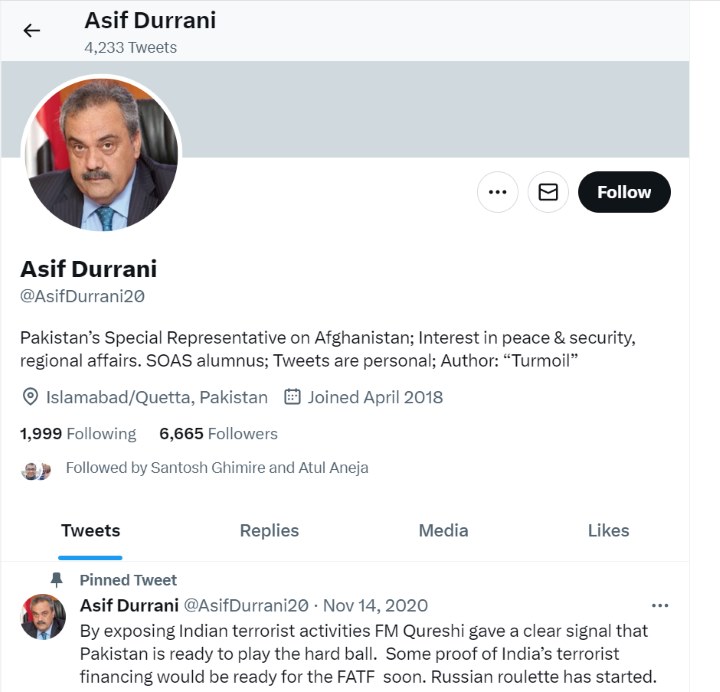
He has pinned a tweet from 14 November 2020 on his Twitter timeline alleging that India has been involved in terror activities in Pakistan. Durrani tweet says: “By exposing Indian terrorist activities FM Qureshi gave a clear signal that Pakistan is ready to play the hard ball. Some proof of India’s terrorist financing would be ready for the FATF soon. Russian roulette has started”.
In one of the latest attacks on Tuesday, a newly formed terror organisation Tehreek-e-Jihad Pakistan (TJP) carried out a suicide car bombing in Peshawar – the capital city of Khyber Pakhtunkhwa, killing two people and injuring several personnel of the paramilitary Frontier Corps (FC). The attack targeted a patrol vehicle of the paramilitary forces in a posh area in Peshawar.
#Peshawar Blast CCTV Footage. It was an attack on an FC convoy that was moving through Hayatabad’s phase 6, said Cantt Superintendent of Police. pic.twitter.com/el4VGf31Fo
— Mughees Ali (@mugheesali81) July 18, 2023
Last week, the TJP and the Baloch Liberation Tigers (BLT) had carried out two different attacks on the Pakistani Army, killing at least 12 soldiers in just one day. The deaths of the soldiers sparked off a verbal duel between Pakistani Army chief, Gen. Asim Munir and Pakistani Defence Minister Khawaja Asif on one side and Taliban spokesperson Zabihullah Mujahid on the other.
The Pakistani Army chief threatened to act against terrorism with resolve if the Taliban administration did not take steps to control the TTP.
In view of the increasing deaths of security personnel, General Munir held the Corps Commanders’ Conference (CCC) in Rawalpindi on Monday. A press statement by Pakistan’s Inter-Services Public Relations (ISPR) identified the TTP and allied groups as being responsible for the deteriorating security environment. The ISPR said: “… The sanctuaries and liberty of action available to the terrorists of proscribed TTP and other groups of that ilk in a neighboring country and availability of latest weapons to the terrorists were noted as major reasons impacting security of Pakistan”.
In conjunction with the Shehbaz Sharif government, the Pakistani Army is also managing the economic revival of the country. General Munir discussed the government’s plans and the role of the army in strengthening the agriculture, information technology, mining and defence sectors to lift the country out of its economic and financial woes.
Pakistan has been in frequent face-to-face talks with the Taliban about cross-border attacks in Khyber Pakhtunkhwa and Balochistan. The last such meet happened in February when Defence Minister Khawaja and Inter-Services Intelligence (ISI) chief Lt Gen Nadeem Ahmed Anjum met with Afghanistan’s acting Deputy Prime Minister, Mullah Abdul Ghani Baradar Akhund.
Concerned over the rising violence across Pakistan, in November 2022, Pakistan’s deputy foreign minister Hina Rabbani Khar had met Afghan Foreign Minister Amir Khan Muttaqi in Kabul on a one-day trip. Her visit was significant as the TTP had voluntarily ended a ceasefire with the Pakistan government and had asked its cadre to resume attacks on the country.






